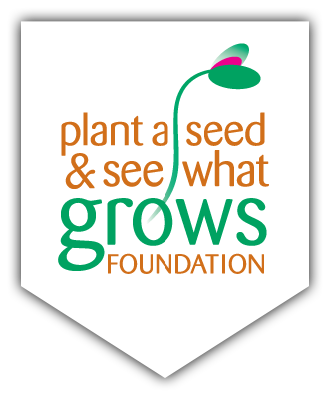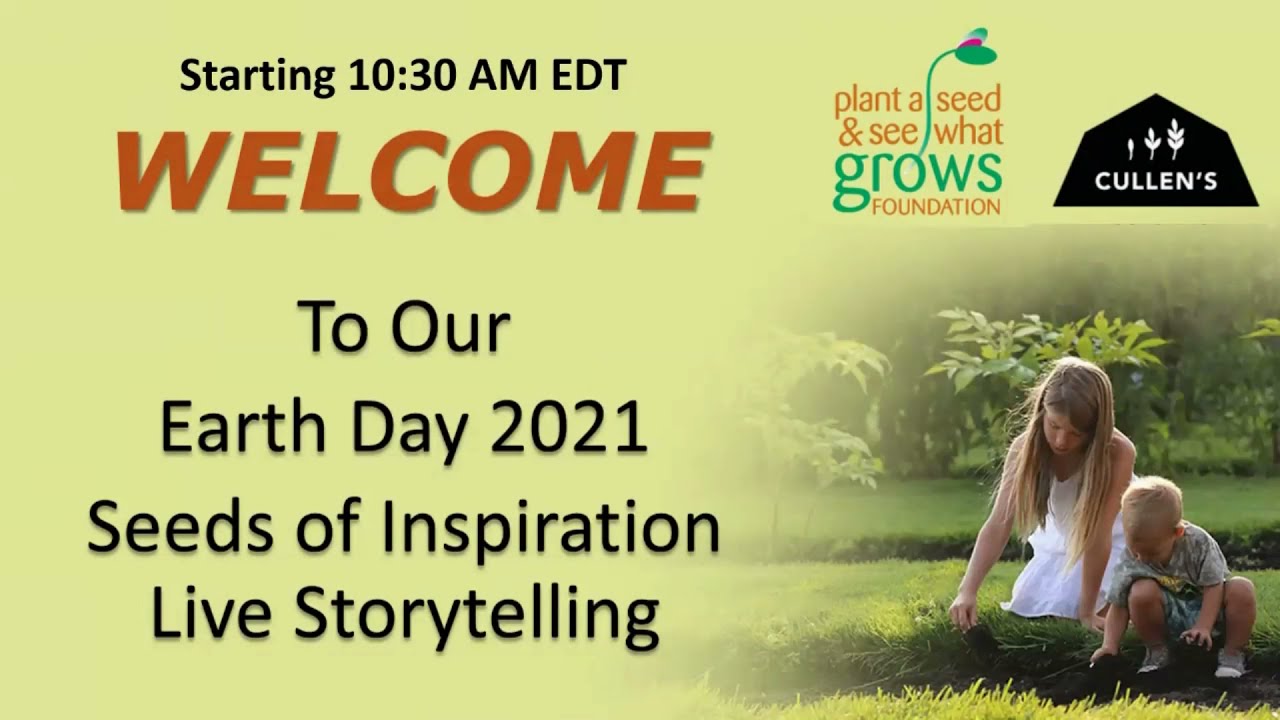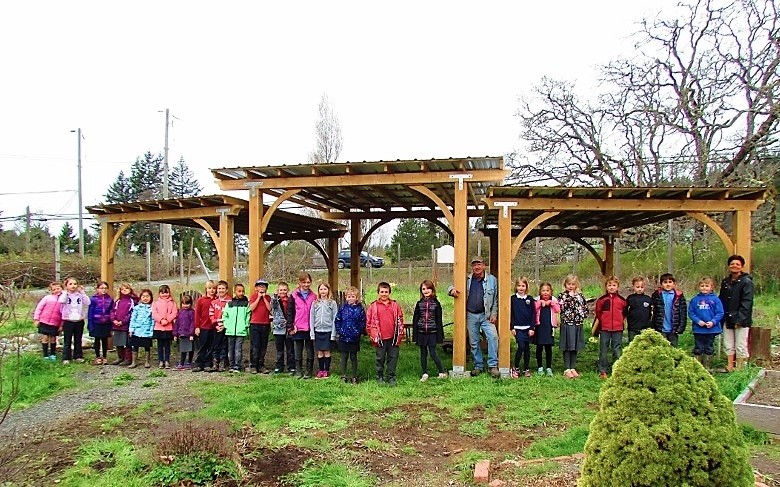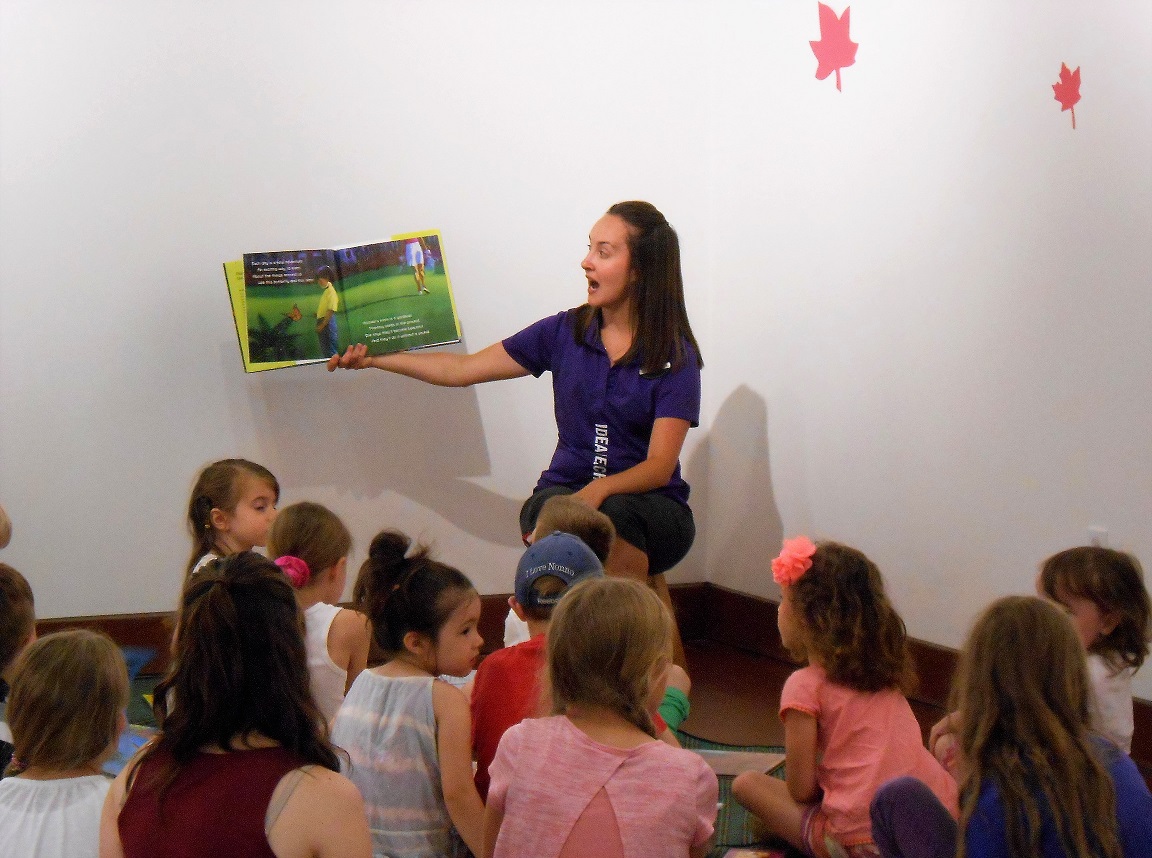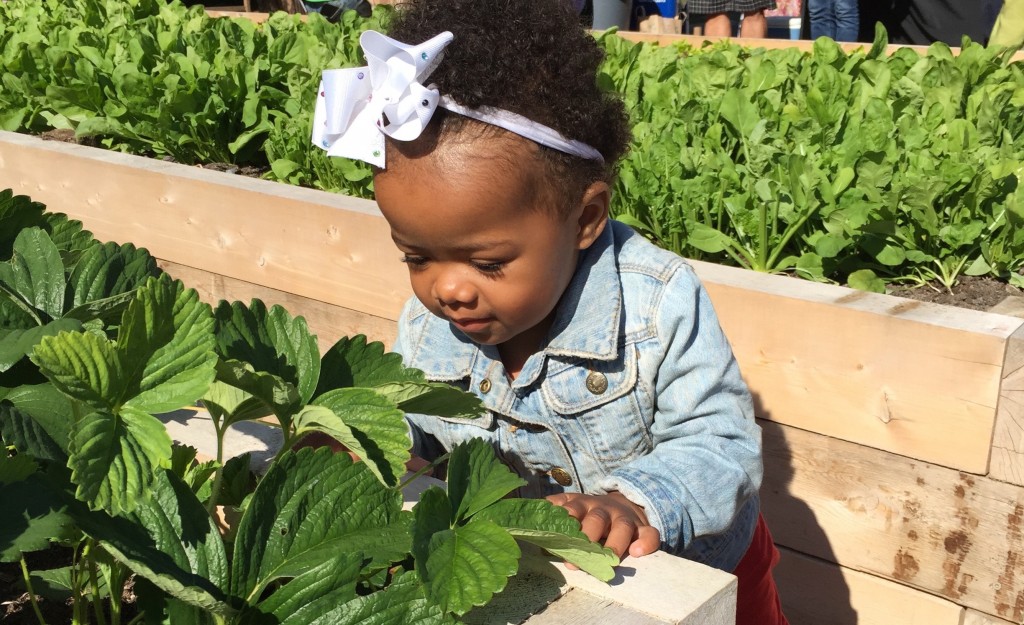
There is a lot of media attention surrounding community gardening as it applies to seniors, adults, college students, and adolescents alike. There is also a lot of information available to these parties on how to manage urban gardening projects. However, when it comes to preschool and daycare aged levels this content is not as readily available. This is something that our Foundation hopes to change.
Engaging children at the preschool level (3 to 5 years old) in the concept of community farming is one of the most important steps that your project can take in achieving sustainability. Capture their attention, teach them valuable skills, and encourage them to work well with others and you will instill within them a sense of accomplishment and interconnectedness unlike any other activity can.
How to Start a Community Garden in Your Daycare / Preschool
1. Get Parental Approval
Before instituting a preschool gardening program get parental approval. Present them with all of the information that they want to know, addressing garden safety and level of involvement for each child as it applies to varying ages. Once you have the project in place, new parents for each subsequent period will need to be informed during early-admission information sessions.
2. Secure the Proper Permits
Once parents have given their green-thumbs-up you need to receive approval from all governing bodies (municipal, school boards, etc.) that weigh in on your local preschool or daycare. The last thing you want is to get preschoolers excited about an unsanctioned garden project only have to have it taken down because the proper paperwork wasn’t filed and approved.
3. Solicit Support from Local Organizations
A successful community garden project depends upon support from the local community, including business and organizations. When it comes to an urban gardening program for 3-5 year olds you won’t find too many home & garden shops turning away your request for a few seeds and bags of soil as a show of support. If you don’t have experience in seeking sponsorship, these tips to spreading the word about your community garden will help.
4. Safety First
Community gardening is a safe endeavor that comes with fewer hazards than most preschool playgrounds. However, you still need to err on the extreme side of caution when it comes to tots. Be conscious of and prepare for all potential risk to the health of your little gardeners. Make sure that they wear the proper shoes and clothing, including protective gardening gloves and goggles. Use child-friendly gardening tools, with no sharp edges or points and ensure that they are clean, smooth, and rust-free. In addition, anything used to treat the soil should be 100% organic in nature. Depending on the time of the year, insects may be present. You will want to consider keeping a supply of organic insect repellant for small children on site. Also find out if any child in your classroom/daycare setting has an allergy to prospective plants in your garden. While an uncommon allergen, it may be best to stay away from planting strawberries, which has properties similar to the allergen found in birch pollen. Remember that you need to plan not just for your current year group of children, but for all years to come.
5. Group Gardeners and “Duties” by Age
There is a big difference in abilities when it comes to the daycare and preschool spectrum. Group children by age level, and delegate involvement accordingly. 4-5 year olds will be hands-on gardeners, and are able to receive instruction on how to plant seeds and care for the garden. 3 year olds, regardless their impressive ability to retain new information, will not be quite ready to take on responsibility. The latter can still participate by learning the names of fruits and vegetables in the garden, turn soil under your watchful eye, and develop an understanding of how to navigate garden grounds without disrupting growth. When their older counterparts graduate onto kindergarten a year later, they become the experts!
6. Teach Tots Proper Gardening Etiquette Before They Take Their First Step
Teaching daycare/preschool children how to behave in a garden setting before they step foot within is very important. Not only do they need to know how to handle tools and materials, they need to know where they can and can’t step. One of the most challenging lessons, is to ensure that they understand that no one is to eat from the garden without permission – quite the task when growing mouth-watering fruits and veggies!
7. Start a Small but Scalable Garden
Try not to get ahead of yourself when starting a daycare/preschool garden. Start small, growing only a few fruits and vegetables that respond well to your climate. The experience is meant to be educational yet fun, so beginning with a small plot will keep the challenges met by larger gardens at bay. That being said, you want to leave room for sustainable growth. Set aside enough land that will allow you to scale the program, adding something new to your youthful garden each passing season.
Do you have any other suggestions for starting or managing a gardening project for young children? Do you have a success story that you’d like to share? Follow our Foundation’s Facebook, Twitter, and/or Google+ and let us know.
